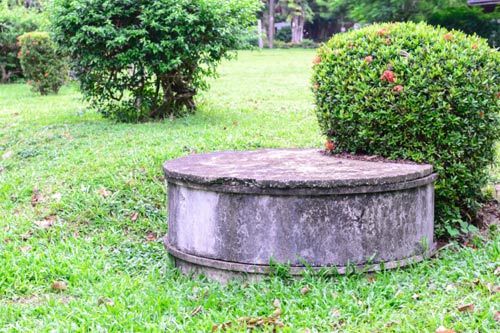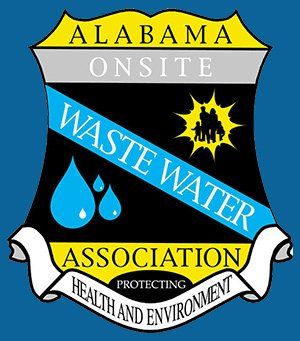Seasonal Concerns for Septic Tank Owners
- By Admin
- •
- 30 Jul, 2019
- •

Septic tanks have about a 20- to 40-year average lifespan. Drainfields can sometimes last about a decade longer. The amount of repairs the homeowner needs to perform on their tank and drainfield depends on the care the systems receive.
Homeowners who understand the potential risks that could affect their tanks will have the best chance of extending the life of their systems. Certain concerns cause problems at any time of the year. However, other problems become more common as the seasons change.
Address Spring Floods
Excess water during a rainy spring can cause issues for the septic tank and the drainfield. Use preventative measures to protect against flooding. Install water diversion systems to prevent, or at least lessen, water accumulation. Perform maintenance and plan septic tank cleaning in the fall so the system is in good condition when any flooding takes place.
Slow-moving drains, a toilet that flushes slowly, or a drainfield that begins to flood could mean the system is under duress despite these efforts. Use the system less during this time to give the tank and drainfield the opportunity to catch up with the excess water in the system. Visit a Laundromat, flush toilets less often, skip showers, or shower as quickly as possible.
Stop Summer Problems
The rapid growth of tree roots during spring and summer can lead to problems in the septic lines as well as the tank. Hire a tree-trimming service to cut back the roots from any invasive species near the plumbing lines or septic tank. Cut down trees too close to the area to keep the roots under control. Install commercial root barriers to prevent any future invasion.
Do not put vegetable gardens over drainfields. It may seem as if this is the ideal location due to the naturally fertilized soil, but the garden can wreak havoc on the drainfield. The excess water for the garden could hinder wastewater treatment. Vegetable roots may invade the drainfield pipes, and further damage to the pipes can occur when tilling or digging.
Houseguests also add to septic tank worries during the summer. An increase in family gatherings for barbecues or backyard weddings puts a strain on a septic system. Keep the extra usage in mind when discussing a recommended cleaning schedule with a septic service, or plan an earlier cleaning when a one-time large event is on the calendar.
Protect During Winter
Alabama homeowners do not have the subzero temperatures and heavy snowpack that the residents of many other states experience. However, this does not mean that they have nothing to worry about in the winter. While you should never drive or park over a septic tank, be even more cautious during winter. Cold temperatures cause brittle plumbing pipes.
Many homeowners let a trickle of water run from their kitchen and bathroom faucets to prevent frozen pipes during unusually cold nights. The water can accumulate quickly in the tank and cause it to fill faster than expected. Cold water increases the risk of freezing if any ice already exists. A trickle of warm water prevents freezing but can still overload a nearly full tank.
Use insulated wraps over the pipes that tend to freeze rather than leaving the tap on overnight. The investment in the insulation conserves money, water, and septic tank space. This also avoids the unhappy morning surprise of a frozen pipe when the faucets were accidentally turned off.
At Allen's Septic Tank Service, we know that septic tank problems occur throughout the year. Every season has its risks, but we have ways to reduce the possibility of an emergency repair or cleaning. Contact us for an inspection of your system or to learn more about recommended maintenance.

